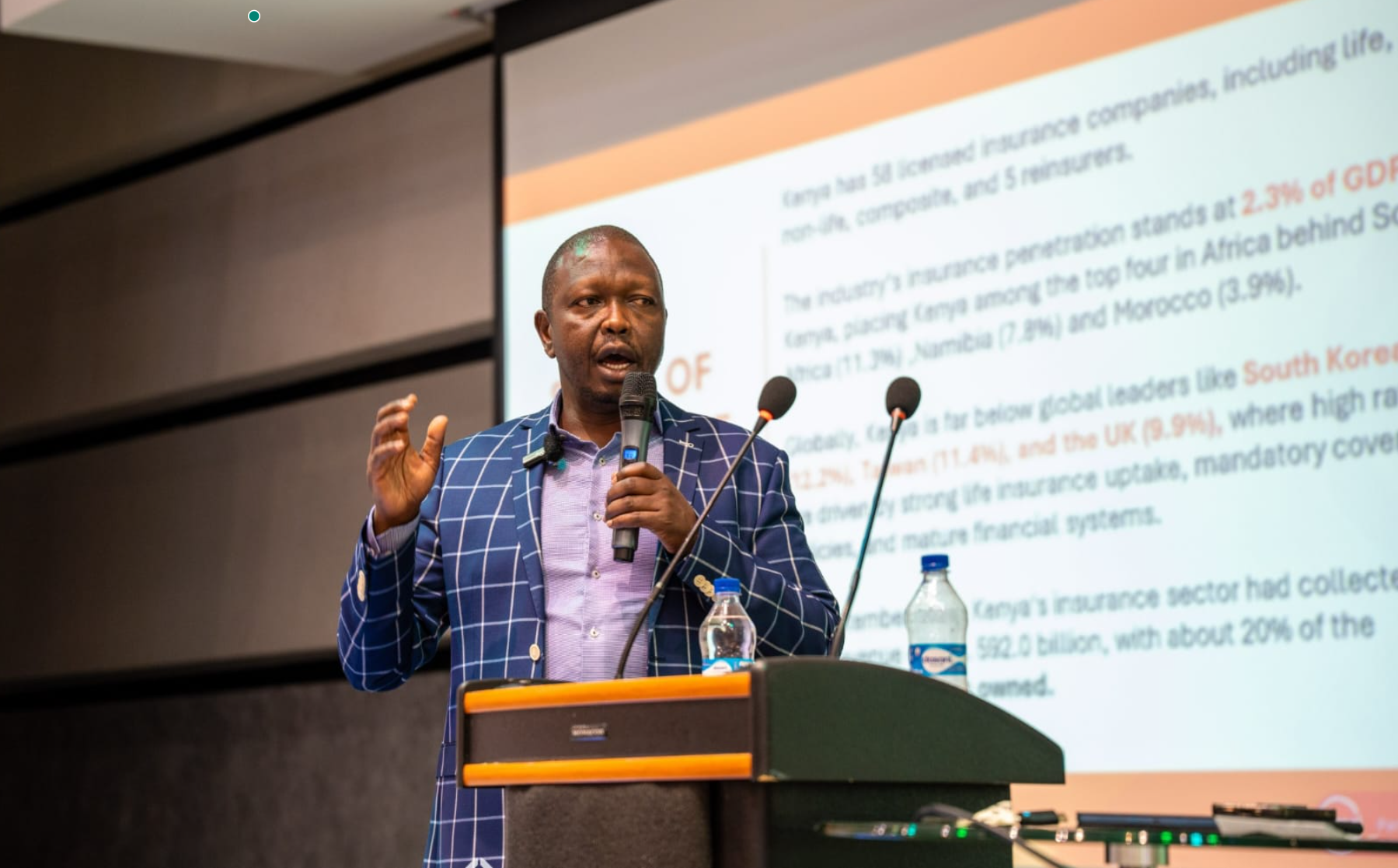 First Assurance Managing Director Stephen Lokonyo, during a press briefing in Nairobi
First Assurance Managing Director Stephen Lokonyo, during a press briefing in Nairobi
Over the last five years, as the cost of medical services, drug prices and systemic inefficiencies in the health sector have increased, Kenyan households have found it increasingly difficult to access quality care.
As a result, many of these families have been forced to delay treatment or opt for less effective, cheaper alternatives from unqualified medical practitioners, who have posed risks to their health.
According to the latest Kenya National Bureau of Statistics Consumer Price Indices and Inflation Rates 2025 Report, between 2024 and 2025 alone, the cost of healthcare went up by over 3.3 per cent.
Due to limited adoption of formal insurance, many Kenyans still make direct payments to medical facilities, while seeking healthcare services. These out of pocket payments, which according to the Parliamentary Budget Office amount to nearly Sh150 billion every year, negatively affect the financial standing of many Kenyan households.
“Very few people in Kenya have insurance coverage, with one in four people having some form of health insurance. Without insurance, access to health care is reduced, worsening health inequalities,” says Stephen Lokonyo, Managing Director, First Assurance.
According to Lokonyo, life is unpredictable. We can be the most careful driver, the most attentive parent, or the most organized homeowner, but sometimes, things just go wrong.
A small lapse in judgment, an unforeseen accident, or an event completely out of one’s control can throw a wrench in the victim’s plans and more importantly, their finances.
“Without motor insurance, that crash could mean a huge, unexpected bill for repairs. Without health insurance, that sudden illness could make a simple hospital visit turn into a financial nightmare,” says Lokonyo. Meanwhile, without home insurance, that storm that ripped through a neighbourhood and damaged the roofs of buildings, could leave the occupants shouldering the entire cost of repairs by themselves.
“These "oopsie" moments are where insurance steps in. It is not about encouraging mistakes; it is about being prepared for them and accepting that we are all human and that perfection is an illusion,” notes Lokonyo.
According to Stephen, insurance is the peace of mind that allows a victim to take a deep breath after an accident and say, "Makosa Hufanyika... but I am covered."
It is a backup plan for when things do not go according to plan, and the assurance that a single mistake or an unfortunate event will not derail one’s entire life. It can give one the freedom to live life to the fullest, knowing they are protected from the unexpected.











